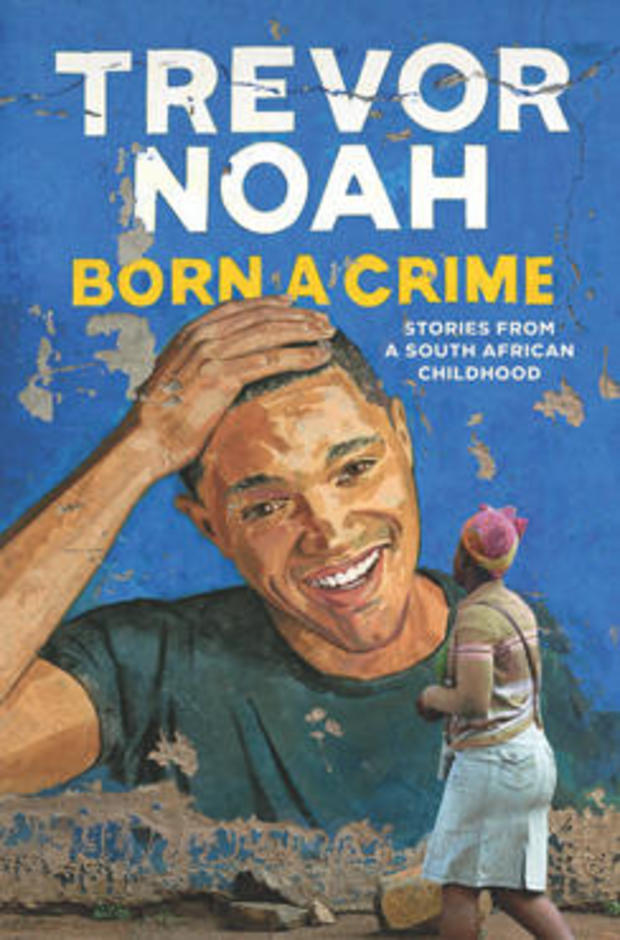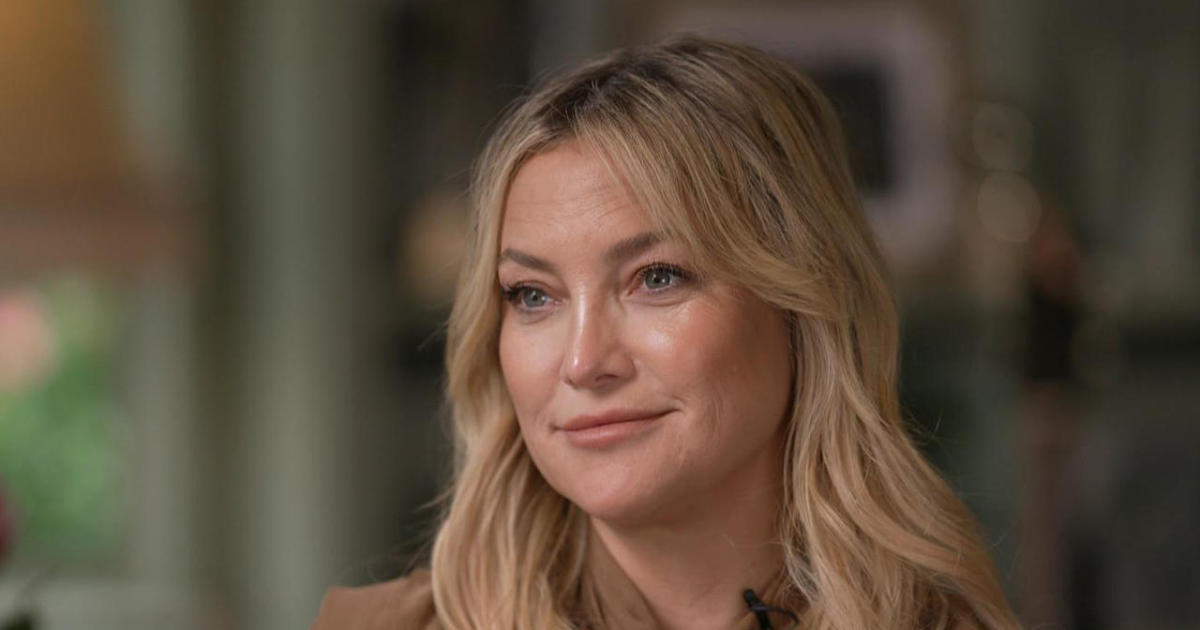Trevor Noah: Finding humor in the darkest of times
Late-night comic Trevor Noah has been charting his own unique course almost nightly since his show’s debut last fall, as Michelle Miller explains:
To understand just how far Trevor Noah has come to be the host of Comedy Central’s “The Daily Show,” just listen to his very first joke, on his very first show:
Noah: “I’m not gonna lie. Growing up on the dusty streets of South Africa, I never dreamed that I would have, well, two things really: An indoor toilet, and a job as host of ‘The Daily Show.’”
And his first year on the job has been a thriller -- with the strangest election in memory finally over. As Noah said on Wednesday, “If you’re waking up from a coma this morning, you may want to go back. … This entire result, it’s like Trump’s hair; I know it’s real, but my mind can’t accept it.”
And for many viewers it was hard to accept Noah as a replacement for longtime host Jon Stewart.
“America was like, ‘Who?’” Noah said. “And then there was, like, a subset of people in America, many of them immigrants, many of them people who had family overseas, and they were like, ‘Finally!’”
Then again, Noah has always thought of himself as an outsider. Born mixed-race, he grew up in South Africa during the racially-segregated time known as apartheid.
“It was blatant,” he said. “You must remember: apartheid was the best racism. And this is not in a joking manner. People don’t realize how well thought out apartheid was.”
His mother was South African and black; his father, a Swiss national, was white. Their courtship is a favorite subject of his standup routine.
“My mom was like, ‘Whooo, I don’t care, I want a white man! Whoooo!’ And my dad was, well, you know how the Swiss love chocolate.”
What wasn’t funny was that his parents, legally forbidden to marry, broke the law not only for being together but also by having him. He calls his new memoir, “Born a Crime” (Spiegel & Grau).
“I remembered my dad used to love running with me,” Noah said. “I used to remember running with him in the park and running with him in the street. And then when I got older, and I realized about the laws in South Africa, he wasn’t running with me, he was running from me. This was a man who couldn’t be seen with this child, because then the game would be up, you know? The lie would be revealed.”
Though today it seems hard to believe, being discovered as a mixed-race family could mean a fine for his father, arrest for his mother, and an orphanage for him.
“And my mom was genius. She was friends with a woman who was my skin color, a woman who was a different race, but my skin color. And so she would get her to act like she was my mom. And then my mom would walk with us in the streets, and act like she was my maid. She would act like she worked for us.
“That’s the world we lived in, [and] my mom found a way to navigate that world.”
Feeling like an outsider in both black and white communities, Noah credits his mother for getting him through the worst of times. “She said, ‘I can’t promise you money. I can’t promise you a good life. But I can promise you knowledge and food. Those are the two things I’ll make sure you get.’”
There was also humor. As Noah got older, he turned to standup, mining his life experiences for laughs -- even the very painful ones, as when, in 2009, Noah’s ex-husband -- in a drunken rage -- shot Noah’s mother, twice, and left her for dead.
Humor helped his family heal. “Yeah, even during that time. And I did not find any humor in that. She was the first one to make a joke.”
“My mom looks at me and she goes, ‘Shhh, Trevor, shhh, don’t cry, baby.’ I say, ‘No, mom, I’m gonna cry, you were shot in the head!’ ‘No, no no, look on the bright side.’ ‘What bright side?’ At least now, because of my nose, you’re officially the best-looking person in the family.’”
“And we still joke about it ‘til this day. I see some people look at me with pity when I tell these stories. And I go, no, it’s not a story of pity. It’s a story of triumph.”
Around that time Noah began performing in small clubs around the U.S., but American audiences didn’t know what to make of an African comic who looked and sounded like Noah.
“The host would say, ‘This next comedian is from Africa.’ And people think a guy in leopard skin would come running on the stage. ‘Let me tell you monkey jokes!’”
But one American in particular did get it: Jon Stewart, who hired him as a “Daily Show” correspondent. Only four months later, he was tapped as Stewart’s successor. “I remember being weak. I was lucky I was sitting down. I think I would have fallen. I would have fainted.”
A year in, it hasn’t been all laughs. Ratings for “The Daily Show” are down, but on the plus side, online and global viewership are up.
And Noah still manages to perform standup almost every weekend. It’s where the 32-year-old seems to be at his happiest.
And though he’s far from home, it’s the lessons of home that remind him just how far he has come.
“One day I woke up and I went, ‘Wait, what’s the worst that could happen? What do I lose? What do I have -- is it failure?’ Do you know how far I’ve come in my life? Do you know where I’ve come from to get to this place, to be sitting [here]?’ There is no such thing as failure in my world right now.”
For more info:
- “Born a Crime: Stories From a South African Childhood” by Trevor Noah (Spiegel & Grau); Also available in eBook format, and audiobook from Audible
- trevornoah.com
- “The Daily Show With Trevor Noah” (Comedy Central)
- Comedy Cellar, New York City
- “You Laugh But It’s True” (Documentary); Available via Netflix and Vimeo
- Madiba Restaurant, Brooklyn




